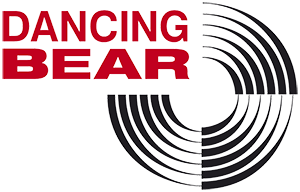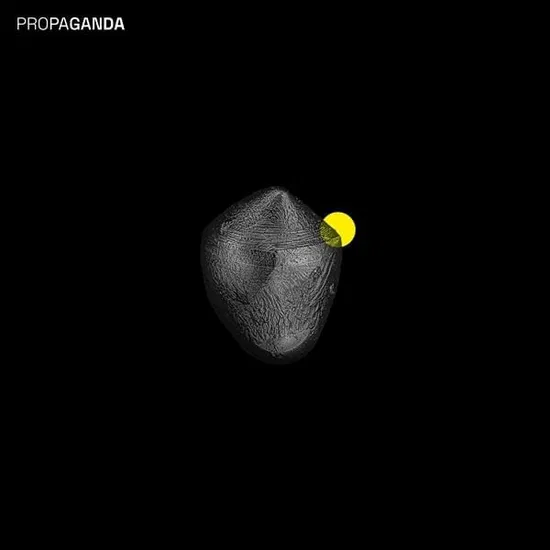PROPAGANDA – PROPAGANDA CD
24,00 €
Out of stock
Description
Propaganda’s 4th, eponymous studio album marks the unexpected but welcome return of a key darkwave band who emerged, like some many greats – Kraftwerk, Neu!, CHBB – from the industrial crucible of ‘80s Düsseldorf, Germany. Founded in 1982, and picked up by Paul Morley’s concept-pop powerhouse Zang Zang Tumb for their first release, Propaganda were unintended collateral damage from the unpredicted, overwhelming success of ZZT act Frankie Goes to Hollywood, whose chart-topping run sucked up the label’s funds for promo, and the attention of label co-founder Trevor Horn, who was meant to produce Propaganda’s early work. They endured anyway on the strength of international hits ‘The Nine Lives of Dr. Mabuse’, ‘Duel’, and ‘p: Machinery’ circa the ‘Wishful Thinking’ (1984) and ‘A Secret Wish’ (1985) albums, and delivered an all-timer and proto-Chicago ace in single B-side ‘Frozen Faces’.
Their return from the cold in 2024 pinpoints the original duo of Ralf Dörper (Die Krupps) and Michael Mertens getting on gracefully but with the same sleek, steely and stately sort of production suss that propelled them to success in the ‘80s. Joined by vocalists Claudia Bruecken and Susanne Freytag, they shimmy around a sort of retro-futurist Euro dance darkwave sound derived form the OG ‘80s style, glyding from the dry iced aerodynamism of lead single ‘They Call Me Nocebo’ and the downbeat pop drama of ‘Purveyor of Pleasure’ to proper, pulsating synth-pop canter recalling Pet Shop Boys on ’Tipping Point’. It gets very hoary in the goth lustre of ‘Love : Craft’, but fares better in the swanning, string-laden elegance of ‘Dystopian Waltz’ and closing flourish of their cover to ‘Wenn it mir was wünschen dürfte’, a German standard of the ‘30s, popularised in the ‘60s by Marlene Dietrich, and now gilded with neo-classical keys by Hauschka.


